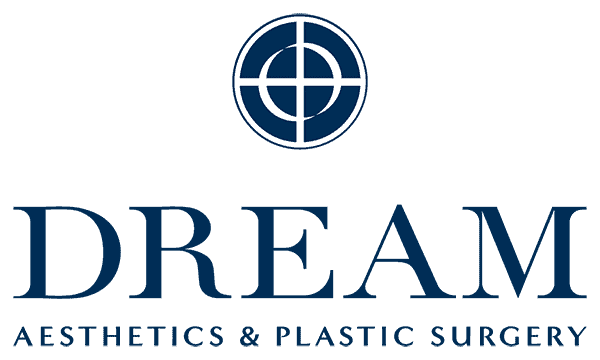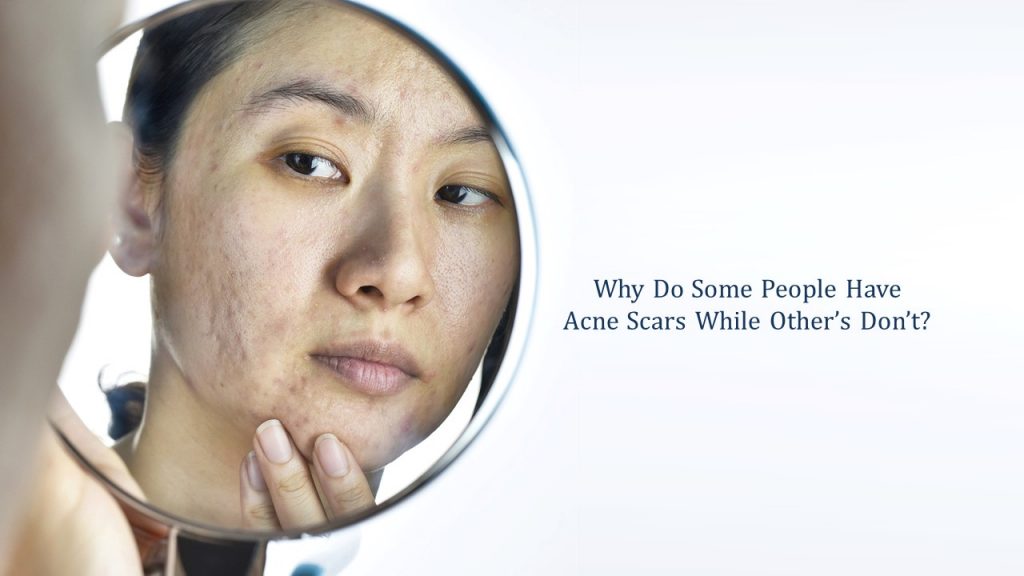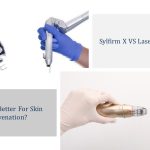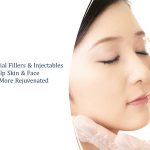Acne breakouts are frustrating and nobody wants to deal with them. Things get even worse when they leave scars on our face as well as other body parts where they might appear. But does that happen to everyone? Probably not! There are different reasons why some people have acne scars while others don’t, but if one does have them, they can consider going for Acne scar removal treatment in Singapore and get the most appropriate type of acne scar treatment for them.
Factors Often Responsible For Acne Scars
Before we look into different acne scar treatment options available, let’s explore what might be the reason behind these acne scars in the first place. Sometimes, one can get lasting scars from acne even when they decide to keep their hands off the face all the time. Common causes for acne include:
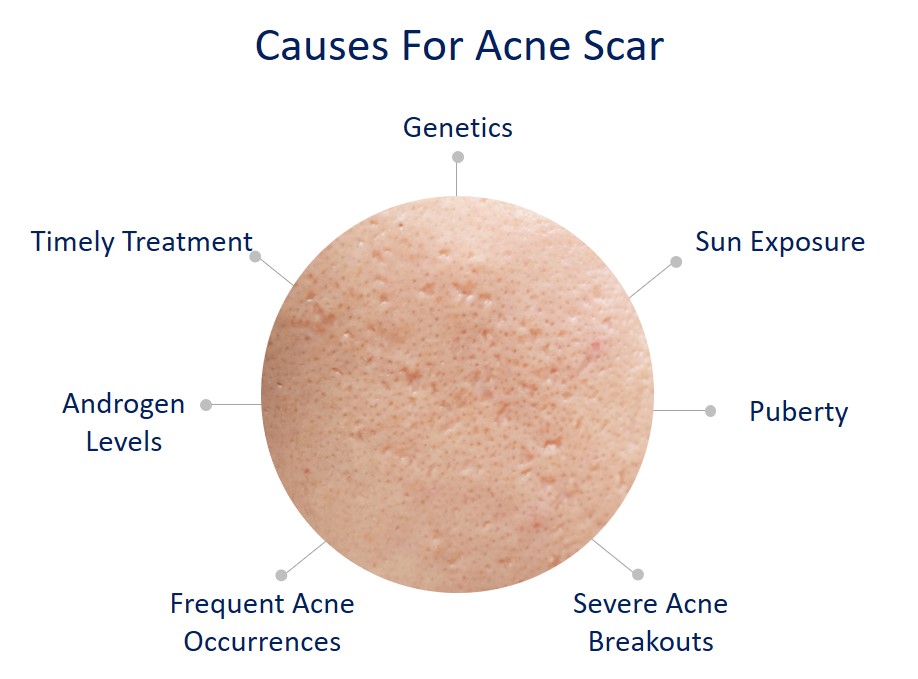
Genetics
Scarring often happens due to genetic reasons in some people. Those who have a family history of getting acne scars are often more prone to getting them. So, they should take extra care of their skin or seek early medical treatment if acne concerns arise.
Sun Exposure
We all understand the importance of vitamin D we absorb from sunlight, but one should make sure that they do not get way too much of it. While scarring may not directly result from intense sun exposure, it can definitely be a contributing factor and can make those marks darker. If there is a need to be under the sun for long hours, be sure to apply sun block to prevent scars from worsening.
Puberty
Puberty brings a lot of changes in the body and can often result in acne breakouts, leading to acne scars. Teenagers often experience more acne due to those hormonal changes happening in their bodies. And, with more acne comes a greater risk of developing acne scars.
Acne Severity
Yes, scarring has a direct relation to how severe an acne breakout one might experience. Scarring is more common in cases of more inflamed, deeply rooted, and widespread acne.
Acne Frequency
Acne scars are also more common in individuals who experience acne breakouts too frequently.
Androgen Levels
Acne scars can develop in both men and women, however, they are often more prominent in men. One reason for that is men often develop relatively severe and more persistent acne due to the presence of androgen in their body.
Time
The formation of stubborn acne scars is also related to how sooner one might get their acne treated. The longer one might wait for getting their acne treated, the higher the risk of getting acne scars.
Do Some People Have A Higher Risk Of Getting Acne Scars?
As mentioned above, some people get acne scars due to genetics. So, if issues like keloid scarring and hyperpigmentation run in one’s family, they are definitely more prone to getting scars from acne. Particularly, keloid scarring is more common among some ethnic populations. It is, generally, common in Asian skin and dark skin and also the fair-skinned redheads.
So, if one’s siblings or parents have had scars due to acne or they struggled with post-inflammatory hyperpigmentation, they should definitely see a dermatologist before they develop lasting acne scars. It is important for them to get proper guidance on the treatment of acne and also types of acne scar removal treatments available in Singapore.
Why Scarring Doesn’t Happen From All Acne Breakouts?

Acne doesn’t always cause scarring, and it may go away leaving one’s skin as natural as it was before. So, what’s the reason behind that?
Well, acne leads to scarring when there is significant inflammation in the skin. Inflamed skin initiates a natural healing response as new collagen fibers are formed. When the skin goes into an overdrive, however, it tends to cause a raised scar due to excess accumulation of collagen tissue.
As more blood cells to gather in the affected area, enzyme production starts, and this includes some particular wound-healing enzymes as well that help produce collagen.
If the collagen works like it normally does, acne may not leave any scars or blemishes behind. However, these collagen-inhibiting enzymes – often known as MMPI enzymes – can sometimes mess with the production of collagen, sending the skin into an overdrive of collagen production and result in raised scarring.
In other cases, there may also be tissue loss along the healing process. When the acne is drained completely, the space between the top and bottom layer is emptied. This causes the top layer of the skin to rest on top of the dermis. As collagen fiber forms, it binds both skin layers, pinning the top layer down to the dermis, which results in a depressed scar.
Acne scars are more common in cases of cystic acne. The reason is that this type of acne is often infected. On the contrary, comedonal acne that mostly consists of blackheads or whiteheads is way less likely to leave scars on the skin. If one picks at their skin to get rid of these blackheads or whiteheads, however, it increases inflammation and they have a greater chance of getting acne scars.
Conclusion
Acne scars are formed due to a variety of reasons, genetics being one of them. As there are different factors responsible for scarring after acne breakouts, some people are often more prone to acne scars than others. Different acne scar treatment options are available to treat different types of scars. One must consult with their physician in Singapore for acne scar removal so that they can come up with the most appropriate treatment option for them.
About Dream Aesthetics and Plastic Surgery
Bespoke surgical for cosmetic or medical reasons is what Dream covers to bring out the beauty in every individual. Going beyond the aesthetics and working on physical anomalies are what we value the most in leading our patients to cherish self-improvement and confident lifestyles.
Derived from Associate Professor Vincent Yeow’s long-standing experience performing plastic surgery in Singapore, our treatment plans deliver physical remodelling in our patients’ favour. One of the notable remodellings is droopy eyelid correction. The ptosis surgery used for treatment eventually fixes drooping eyelids, improves vision and enhances appearance.
Most importantly, as a trustworthy plastic surgery and aesthetic clinic, we treasure positive and natural outcomes for each individual. We will ensure to deliver the beauty refinement of your dream without compromising your safety and privacy.
